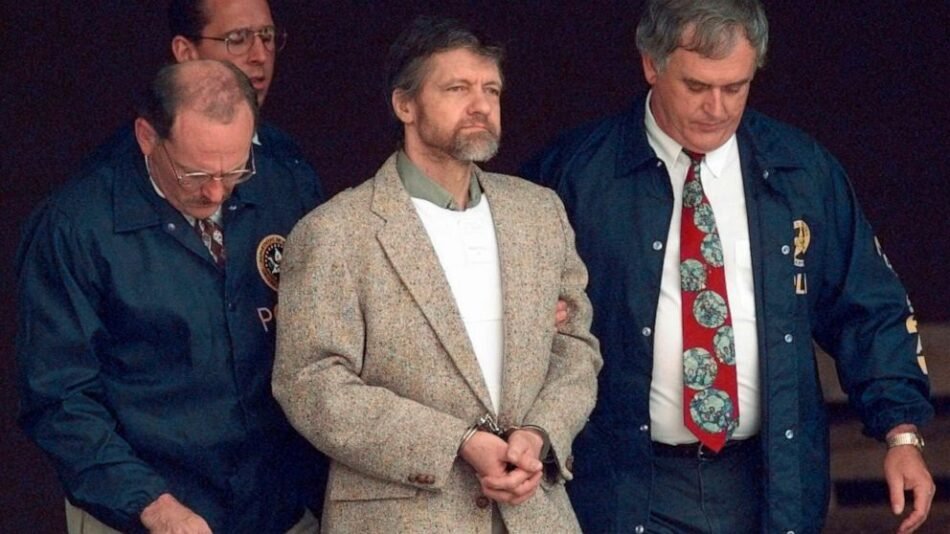Ted Kaczynski, widely known as the Unabomber, gained notoriety for his violent bombing campaign that unfolded over a period of almost 20 years. While his actions were criminal and caused harm to innocent individuals, it is important to delve into his background and motivations to better understand the events that transpired.
Early Life and Education
Theodore John Kaczynski was born on May 22, 1942, in Chicago, Illinois. From an early age, he displayed exceptional intellectual abilities and stood out as a prodigious student. He earned a scholarship to attend Harvard University at the age of 16, where he excelled in mathematics and graduated with a bachelor’s degree in 1962.
Kaczynski’s academic prowess continued as he pursued advanced studies in mathematics and earned a Ph.D. from the University of Michigan in 1967. Subsequently, he became an assistant professor at the University of California, Berkeley, but his academic career was short-lived.
The Unabomber’s Bombing Campaign
In the late 1970s, Kaczynski’s life took a drastic turn. He retreated from society and settled in a remote cabin in Montana. From this isolated location, he embarked on a campaign of terror by sending explosive packages through the mail. His targets included universities, airlines, and individuals associated with technology and modern industrial society.
The bombings continued for years, resulting in multiple injuries and deaths. Kaczynski’s methods were meticulously planned, and he took extreme measures to avoid detection. The bombings earned him the moniker “Unabomber,” a name derived from his early targets: universities and airlines.
Motivations and Manifesto
In 1995, Kaczynski’s reign of terror came to an end when his brother recognized his writing style in a manifesto published by the Unabomber. Concerned for public safety, his brother contacted authorities, leading to Kaczynski’s arrest in April 1996.
The manifesto, titled “Industrial Society and Its Future,” outlined Kaczynski’s philosophy and motivations behind his violent acts. He believed that modern technology and industrialization had detrimental effects on human freedom and the environment. Kaczynski called for a societal revolution to dismantle the existing system and return to a simpler, more primitive way of life.
Impact and Legacy
Ted Kaczynski’s actions left a lasting impact on society, sparking discussions about the consequences of technological advancements and the ethics of scientific progress. While his methods were extreme and unacceptable, his manifesto prompted debates about the potential downsides of modern civilization and the need to balance progress with ethical considerations.
In 1998, Kaczynski pleaded guilty to multiple federal charges and is currently serving a life sentence without the possibility of parole.
Conclusion
Ted Kaczynski, the Unabomber, achieved infamy through his bombing campaign and the publication of his manifesto. While his actions were criminal and caused harm to innocent individuals, they also brought attention to critical societal issues. The motivations behind his actions, rooted in a vehement rejection of modern technology and industrialization, continue to be examined and



